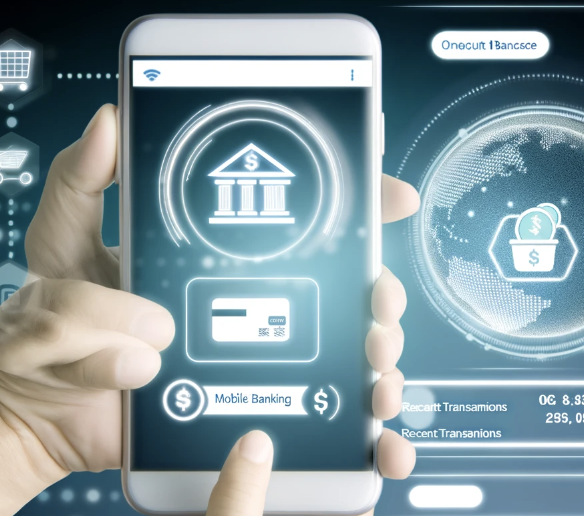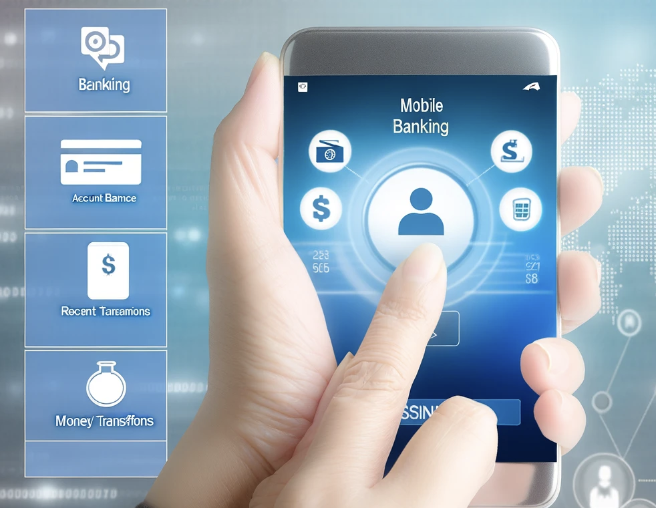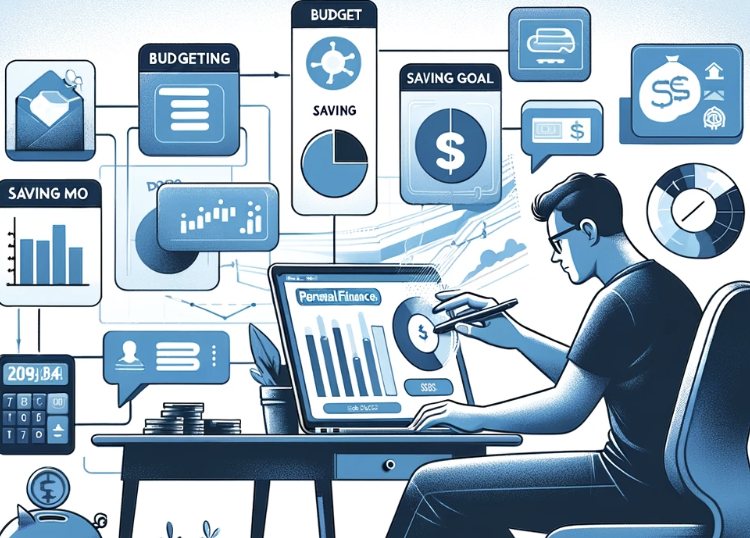The Intersection of Technology and Personal Finance: Shaping the Future of Money Management
In the digital age, the intersection of technology and personal finance is reshaping the way individuals manage their money, heralding a new era of convenience, efficiency, and accessibility. From mobile banking apps to cryptocurrency investments, technology has permeated every facet of personal finance, transforming traditional practices and empowering users with tools for better financial decision-making. This article explores the transformative impact of technology on personal finance, highlighting the innovations driving change, the benefits and challenges they present, and the future landscape of money management.
Innovations Driving Change
Several key technological innovations have been instrumental in reshaping personal finance:
- Mobile Banking: Mobile banking apps have made financial services accessible from anywhere, allowing users to perform a variety of transactions, check account balances, and monitor spending on the go.
- Personal Finance Apps: Apps that assist with budgeting, investing, and saving help users gain control over their finances by providing insights into spending habits and offering personalized financial advice.
- Cryptocurrencies and Blockchain: Cryptocurrencies, underpinned by blockchain technology, offer a new form of investment and payment system, challenging traditional banking and monetary systems.
- Robo-advisors: Automated investment platforms use algorithms to manage portfolios, offering a low-cost alternative to traditional investment advisory services.
Benefits of Technological Integration

The integration of technology into personal finance offers numerous benefits:
- Accessibility: Technology has democratized access to financial services, making them available to a broader audience, including those previously underserved by traditional financial institutions.
- Convenience: Users can manage their finances anytime and anywhere, eliminating the need for physical banking visits and reducing transaction times.
- Personalization: Advanced analytics and AI enable personalized financial advice, tailored to individual goals, risk tolerance, and financial situations.
Challenges and Considerations
Despite its advantages, the digital transformation of personal finance is not without challenges:
- Security and Privacy: As financial activities move online, concerns over data security and privacy have intensified, requiring robust cybersecurity measures.
- Digital Divide: The shift towards digital finance risks excluding those without access to necessary technology or the skills to use it effectively.
Regulation: The rapid pace of innovation poses regulatory challenges, necessitating updated laws and frameworks to protect consumers and ensure financial stability.

The Future of Money Management
Looking ahead, the convergence of technology and personal finance is set to continue, driven by advancements in AI, machine learning, and blockchain. These technologies promise to further personalize financial services, enhance security, and streamline transactions. As we navigate this evolving landscape, embracing technology while addressing its challenges will be key to unlocking the full potential of digital finance for individuals around the world.
In conclusion, the intersection of technology and personal finance represents a pivotal shift in how individuals manage their money, offering unprecedented opportunities for empowerment, efficiency, and access. By harnessing these technological advancements, we can look forward to a future where managing personal finances is more integrated, intuitive, and inclusive than ever before.
(Writer:Wanny)





